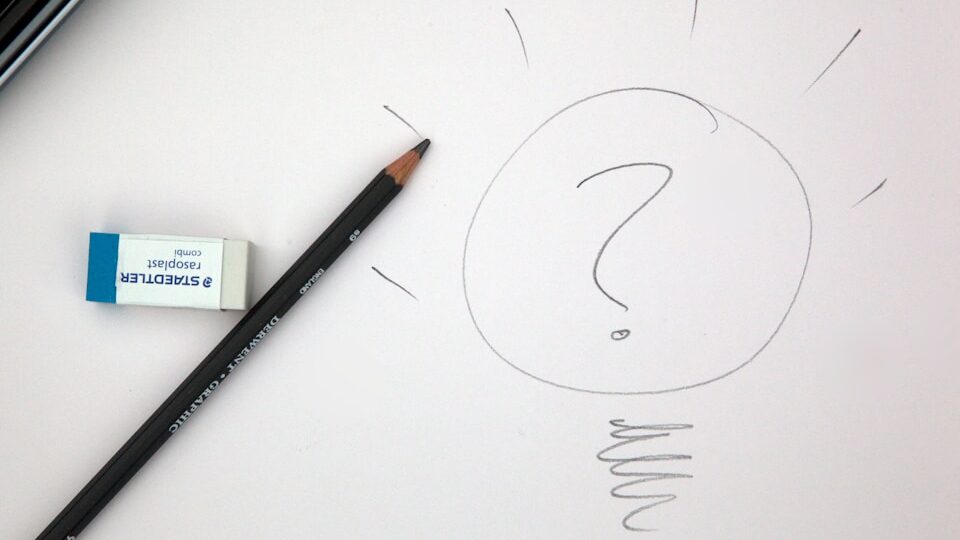Have you ever run into WordPress errors like:
WordPress database error: Collation conflict: utf8mb4_general_ci vs utf8mb4_unicode_ci
Or experienced weird sorting behavior, broken search, or plugin malfunctions?
These are signs of a collation conflict in your WordPress database. In this guide, we’ll walk you through how to identify and fix collation conflicts to ensure your site runs smoothly and consistently.
🧠 What Is a Collation?
A collation determines how text is compared and sorted in your database.
Examples:
utf8mb4_general_ciutf8mb4_unicode_cilatin1_swedish_ci
Even though two fields may use the same character set (e.g., utf8mb4), using different collations can cause MySQL to fail comparisons or JOINs, leading to errors or unexpected results.
❗ Common Symptoms of Collation Conflicts
- WordPress database errors in logs or frontend
- Search or sorting not working properly
- Plugin errors after migration
- Admin area misbehavior (especially with forms or filters)
- Error during WP CLI commands or multisite sync
🔍 Step 1: Detect Collation Conflicts
Option 1: Use phpMyAdmin
- Open your database
- Click “Structure” on each table
- Check the Collation column — look for mixed values like:
utf8mb4_unicode_ciutf8mb4_general_cilatin1_swedish_ci
Option 2: Use SQL Query
Run this in phpMyAdmin or MySQL CLI:
SELECT TABLE_NAME, COLUMN_NAME, CHARACTER_SET_NAME, COLLATION_NAME
FROM information_schema.columns
WHERE table_schema = 'your_database_name';
This lists all columns and their collations — look for mismatches.
🔧 Step 2: Choose a Standard Collation
For modern WordPress sites, it’s recommended to use:
nginxCopyEditutf8mb4_unicode_ci
Why?
- It supports emojis and multilingual characters
- It’s WordPress’s default for years now
- It’s more accurate in sorting than
_general_ci
🔄 Step 3: Convert Tables and Columns to a Single Collation
Use phpMyAdmin or run the following SQL for each table:
ALTER TABLE wp_posts CONVERT TO CHARACTER SET utf8mb4 COLLATE utf8mb4_unicode_ci;
ALTER TABLE wp_comments CONVERT TO CHARACTER SET utf8mb4 COLLATE utf8mb4_unicode_ci;
ALTER TABLE wp_options CONVERT TO CHARACTER SET utf8mb4 COLLATE utf8mb4_unicode_ci;
Repeat for any other tables with mixed collations.
To convert all tables, you can generate a script or use a plugin like WP-DBManager.
⚙️ Step 4: Update wp-config.php (If Needed)
Ensure your site is also telling WordPress to use the correct charset and collation:
define('DB_CHARSET', 'utf8mb4');
define('DB_COLLATE', '');
If you leave DB_COLLATE empty, WordPress will use your database default (which should now be uniform).
🧪 Optional: Check WordPress Database Structure
Use WP-CLI to compare your database to the expected structure:
wp db check
wp db optimize
Or, for WooCommerce users:
wp wc tool run verify-database --user=admin
✅ Summary: Fixing Collation Conflicts in WordPress
| Task | Action |
|---|---|
| Detect collations | Use SQL query or phpMyAdmin |
| Choose a collation | Use utf8mb4_unicode_ci |
| Convert tables | Run ALTER TABLE per table |
| wp-config.php | Ensure charset is utf8mb4, collation is blank |
| Prevent future issues | Standardize collation during export/import |
🚀 Need Help Fixing Collation Issues?
Not sure where the conflicts are or worried about breaking your site?
👉 Let Servers9 fix it for you
We’ll scan your database, fix collation mismatches, and optimize your tables safely.
